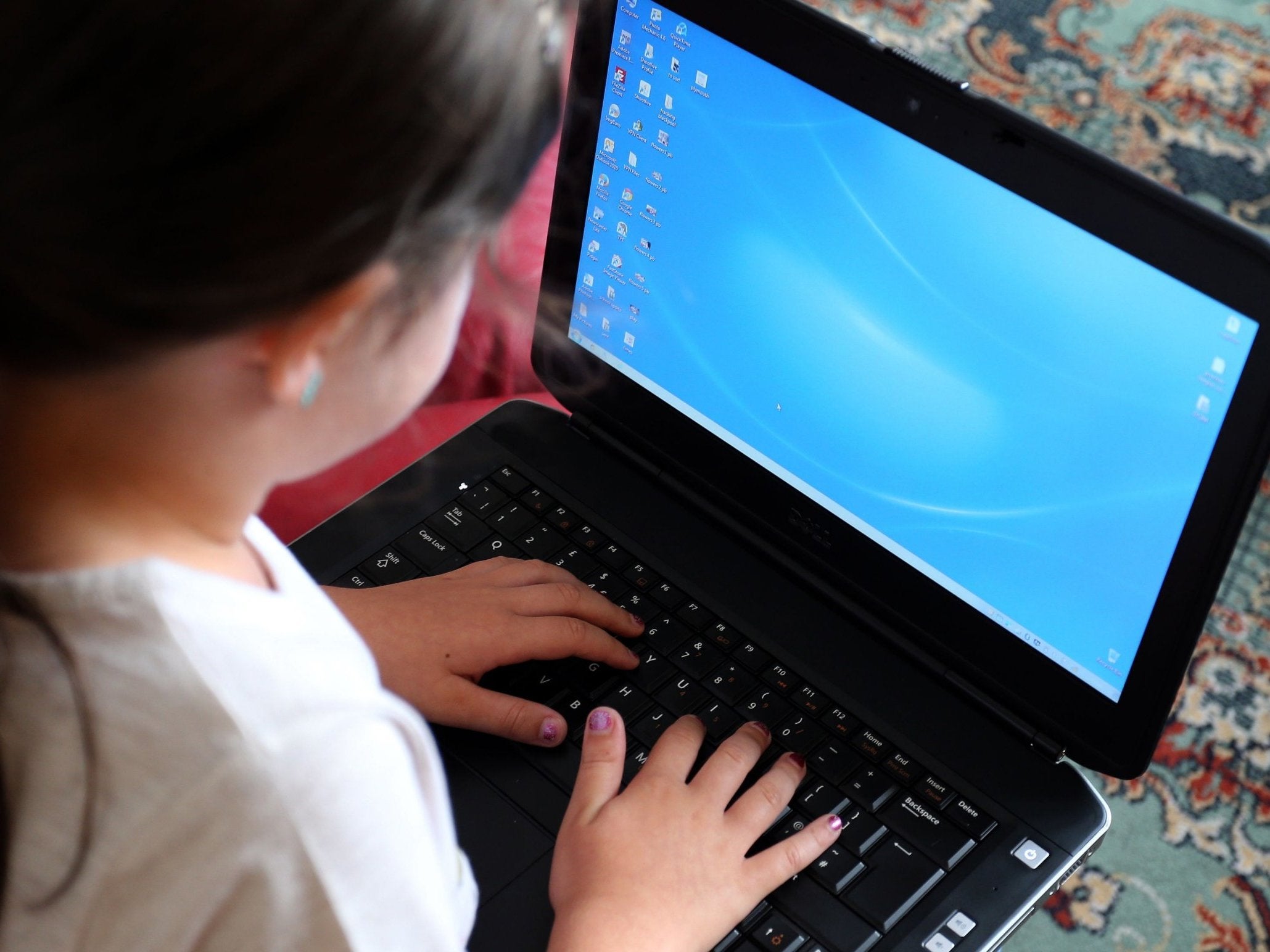Screen time is not the real problem for our phone-obsessed kids – it's where they end up
My only genuine fear is how easily malign ideas can find their way in front of my children's faces


Into the seething pit of parental doubts about our children’s online lives, the UK chief medical officers (CMOs) have flung their guidance on young people’s screen use. Experts are rightly worried about the effects it can have on mental health, but cautious about laying blame in the wrong place.
One of the central thoughts is that we simply don’t know how much screen time is too much. The evidence is not there to set the simple limit many parents crave. In short, the advice is that screen time shouldn’t override good things like sleep, sport and family time.
Will Gore wrote last month about his fear he was setting a bad example to his own children, and the CMOs’ report this morning makes the same point. So, if you’re reading this on a smartphone outside your kid’s school gates, you might be part of the problem.
In truth, though, I don’t think the volume of what is watched is the real danger.
What kids hold in their hands, of course, is not just a screen. It is a portal to pretty much every ounce of knowledge the human race has managed to cobble together over the centuries. Every image, every thought, every bit of joy, every bit of hatred.
That is an extraordinary thing. As glorious as it is worrying. As a parent, it might be infuriating that my half-remembered facts about the Ancient Egyptians are subject to immediate and ferocious scrutiny, but equally, we can get a wonderful shared sense of discovery.
We now have the magical ability to gather round the glowing screen with our children and zoom down to view the site of the pyramids of Giza, simultaneously informing and avoiding homework. Win-win.
At its heart, the moral panic about screen time is about a desire to secure our children’s happiness. And for many, social media and the internet have robbed parents of the sense they have any control over that.
Our fears have been building for a long time. There are two key movie moments which foresaw our terror of what screens could do to us, both from more than 40 years ago.
In The Parallax View Warren Beatty’s character (and the audience) is subjected to an onslaught of troubling images which try to warp his understanding of things like “love” and “home”. In A Clockwork Orange, Malcolm McDowell’s Alex has his eyes brutally wrenched open to better witness the distressing scenes before him.
Decades later it might be that we’re happily doing this to ourselves.
Back when I was a kid I remember the shock of seeing the front page of Turkish newspapers, whose sensibilities were less timid than those back home. One which stuck in my mind showed the visceral image of a victim of a motor boat propeller accident. These days that kind of thing is a click away, not a flight away.
The internet is home to much that is horrific or upsetting, but the vast majority of us instinctively recoil at the horrific and upsetting. My only genuine fear about how our kids use their screen time is how easily malign ideas can find their way in front of their faces.
I don’t care if my kids watch The Greatest Showman eight times in a day; I’m not overly troubled if an Instagram post gets sent just before bed time (caveat: if you’re reading this girls, let’s chat in more detail when I’m home).
But I do care if kids, especially older kids, happen across the sneering idiocy of Infowars, or the spittle-flecked, tidy-your-room-then-hate-women dreariness of Jordan Peterson.
Children are fascinated by the conspiracy theories of YouTuber Shane Dawson (20m subscribers), and the site has struggled to know what to do about it. It’s a short walk from his videos to the more troubling end of the conspiracy spectrum.

One minute your kids might be idly wondering if Katy Perry is really a murdered beauty pageant contestant, the next, idly wondering if Israel was behind 9/11. In 2018, it was found that a search for “UFO” on the YouTube Kids app would direct users to the fantasist videos of David Icke, the Isle of Wight-based former goalkeeper who thinks the Queen is a shape-shifting lizard.
In our job as journalists and editors, we are used to producing what we hope is a balanced and reasonable understanding of the world. That then jostles for your attention with others driven by similar motives. But it also goes up against the brazen ideologues, propagandists and conspiracy theorists trying to condition people towards a closed, narrow or unhinged world view.
Maybe that’s also our job as parents. We are all editors now. One thing that the CMOs’ report misses out is that screen time and social media should, as far as possible, be a shared pursuit. We can’t be curators if we’re not involved, and it might be the only way for parents to maintain that crucial scrap of control over their children’s happiness.
Join our commenting forum
Join thought-provoking conversations, follow other Independent readers and see their replies
Comments
Bookmark popover
Removed from bookmarks